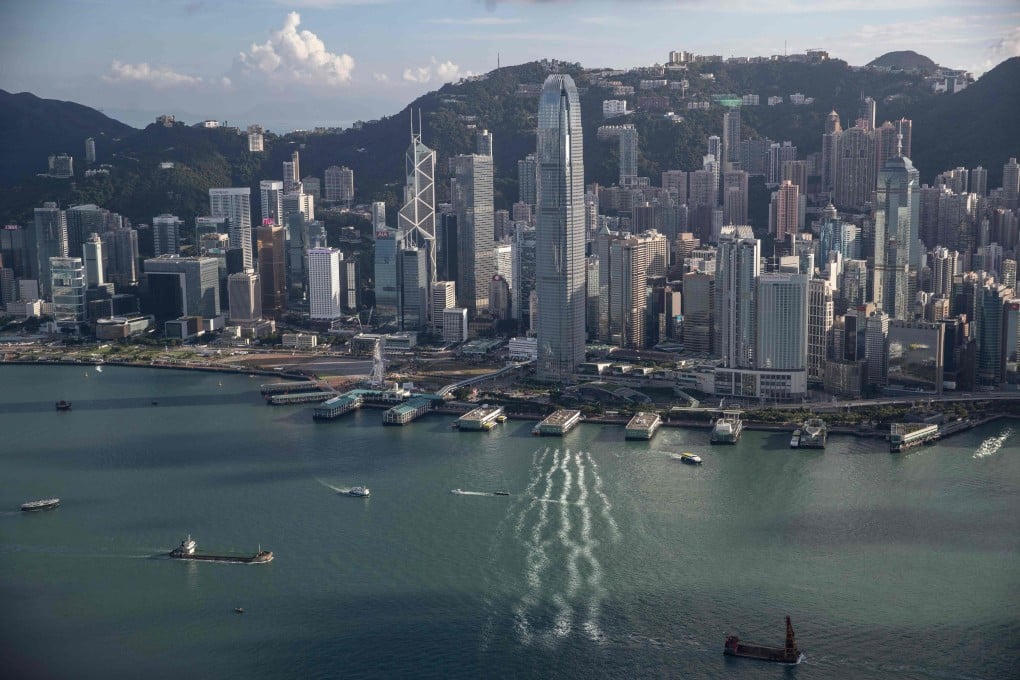My Take | Hong Kong returns to its old self: economically rich but politically neutral
- The city is not losing a democracy it never had but simply going back to being an apolitical community focusing on finance and trade, as it had always been, after a brief and anomalous period of intense and often violent politicisation

Popular as it is, the “localist” and international narrative about free and democratic Hong Kong being killed off by Beijing is a complete myth. The electoral reforms that the city had experienced after the 1997 handover of sovereignty were the outcome of an accidental combination of “one country, two systems”, relative international peace between China and the West, and Beijing’s leniency towards Hong Kong.
It was the political liberation – which began in the mid-1990s and picked up pace after the handover until the mid-2010s – that was unprecedented. Now under the shadow of the national security law and Beijing’s crackdown, the city is reverting to the historical mean. It is not that Hong Kong is losing a democracy it never had; it is simply going back to being an apolitical community focusing on finance and trade, as it had always been, except for a brief period of intense politicisation.
The myth of a once-free and democratic Hong Kong, however, is understandable and completely believable for young people, who had no adult experience of colonial rule before the 1990s, so their actual experience has been confined to a very narrow period of Hong Kong’s recent history which, in reality, represents more of an anomaly than norm.
The economy expanded by 7.9 per cent in the first quarter this year, a V-shaped rebound in gross domestic product (GDP) after a record 9.1 per cent contraction in the same period last year. The crucial stock and property markets are on the upswing. Real estate prices, which have increased by 3.1 per cent so far this year, are projected to gain 5 to 10 per cent for the full year. The government’s fiscal outlook is expected to return to an annual surplus.
